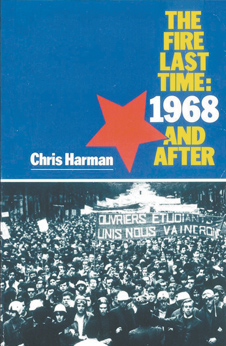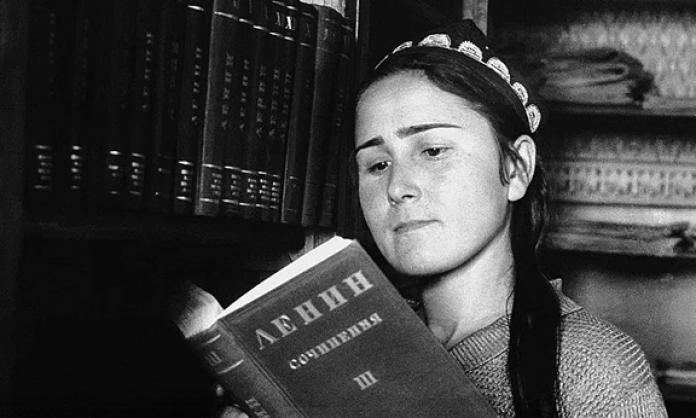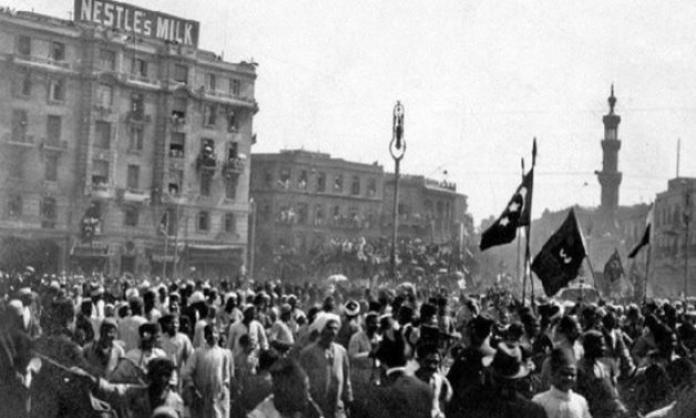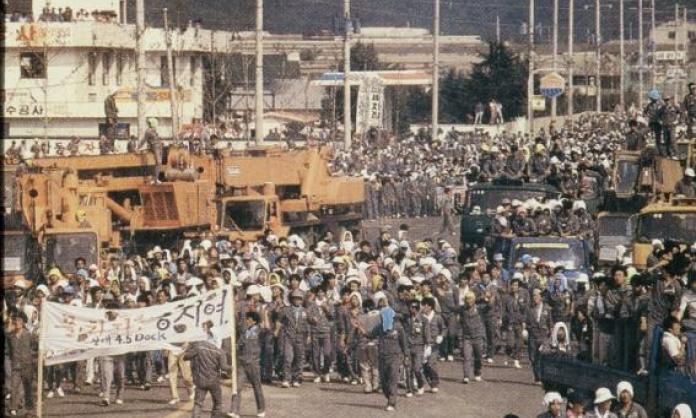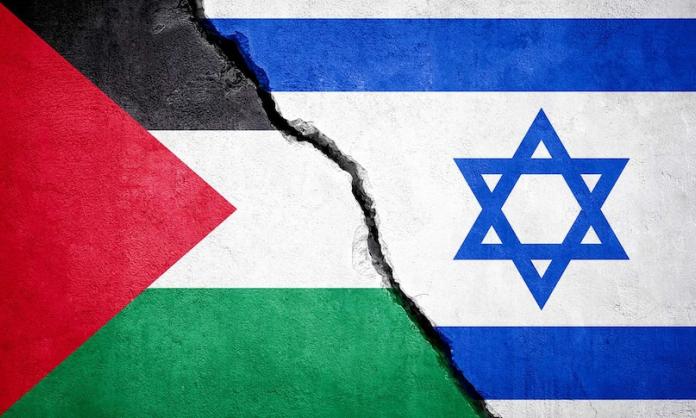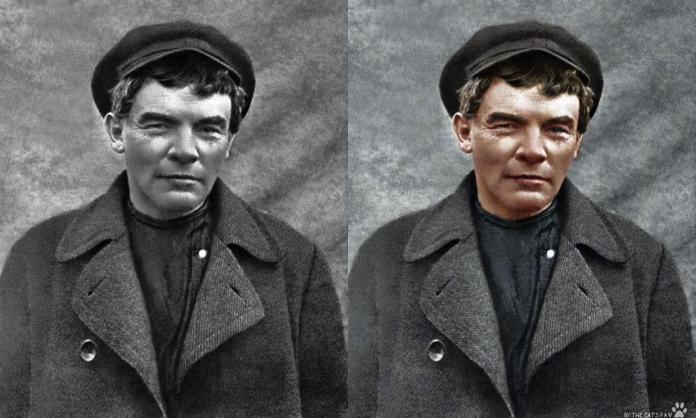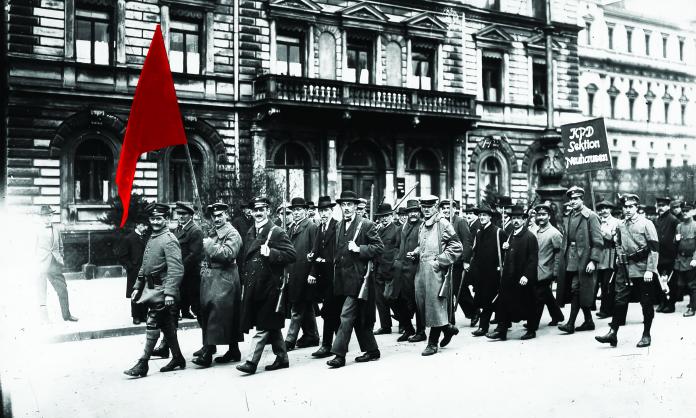Keeanga-Yamahtta Taylor’s 2016 book From #BlackLivesMatter to Black Liberation is a must read this summer. Often books published in the midst of movements read like a mash-up of journalistic articles and blog posts. This book is cleverly crafted and politically serious, as well as being a rollicking read.
Taylor takes us back to the last momentous struggle against racism – the civil rights movement and Black power – then through the bitter years of defeat of those movements and the build-up of anger and injustice that has led to #Blacklivesmatter. She explores the contradictions and dynamics of racism in America and draws out the anti-capitalist and revolutionary potential of struggles against it.
But she does not glibly assert that anti-racist movements will be anti-capitalist. One of the strengths of the book is its focus on the tensions within these movements, especially between those who want to destroy the system and those who want to accommodate to it.
One of the best chapters is “Black Faces in High Places”, which details the creation of a layer of middle class Blacks who are actively committed to stamping out radicalism.
Ultimately this book is an argument for profound social transformation, a process that can be understood only through a Marxist lens and activated by socialist politics on the ground.
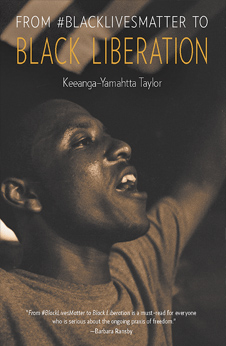
Britain is one of the few countries in Europe that has not experienced a marked growth of the far right in recent years. One of the reasons for this is that previous attempts at fascist organising have been met with militant resistance. During the 1970s, when the National Front were growing, socialists, left wing activists, trade unions, migrant groups and churches organised a mass movement to defeat them.
When we Touched the Sky: The Anti Nazi League is the moving account of that struggle by socialist David Renton. Both memoir and analysis, Renton’s book covers all of the key political and cultural elements of the movement. Rock Against Racism, the anti-racist music movement that hosted concerts of up to 100,000 people during this period, features prominently and obviously had a formative influence on the author. He also discusses the Grunwick strike of 1977, a watershed event for both anti-racist and trade union struggles in the UK. And he covers the role of the Anti-Nazi League, a broad and successful anti-fascist organisation that revolutionary socialists played the key role in establishing.
These heady years were punctuated by tragedy and victory, but have had a lasting and crucial effect on political life in the UK.
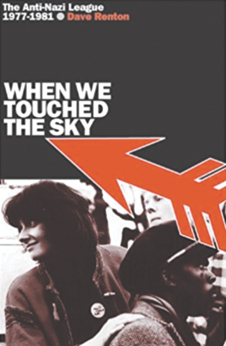
This year marked the 100th anniversary of the Russian Revolution, and its ongoing importance was proven by the many debates the centenary provoked across the world. In response to a Socialist Alternative forum celebrating the anniversary, the Australian Senate passed a motion denouncing it and noted “that the 1917 revolution promoted Leninist and Marxist teaching to a broader world”.
This is certainly true and is a reason to pick up something on the topic this summer. There have been lots of books written about the revolution and the Bolsheviks; some brilliant, many mediocre, some enraging. Two that should be classed as brilliant but that have not been read nearly widely enough are David Mandel’s Petrograd Workers in 1917 (Volumes 1 & 2).
These books detail the activity of workers throughout the revolution, with a focus on the factory committees that sprang up. They are chock full of interesting stories and archival material.
The factory committees spearheaded the struggles for economic reform throughout the revolution and were often more radical in action than the soviets. As workers increasingly came to the conclusion that the provisional government had to be overthrown, they became both more political and more supportive of the Bolsheviks. The dynamism, contradictions and sheer inspiration of this progression are beautifully brought to life in these books.
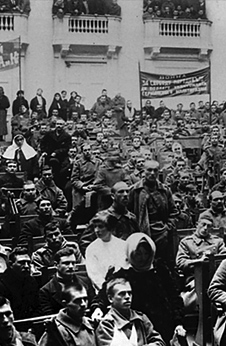
Speaking of anniversaries, next year marks 50 years since the famous year of global rebellion that, as Chris Harman argues in his book The Fire Last Time: 1968 and After, “cast a spell on a generation”. Although the book is restricted to events in Europe and the USA, Harman gives a sense of the global character of the rebellion. He places it in the context of what went before: a long period of calm, relative peace and social conformity – in which the system could “easily absorb the conflicts that emerged”. But this all changed as crisis developed within the two rival imperialist blocs, and for this reason, Harman sees the revolts in the USA and Czechoslovakia as pivotal.
One of the most important contributions of this book is the way it which it acquaints the reader with the depth of the revolt. The 1960s are often presented as a trivial amusement, a time when kids experimented with sex, drugs and rock and roll. The reality was very different. Millions of people were grappling to understand and participate in revolution and socialism. This book should be read by everyone who wants to stoke the flames of the fire next time.
